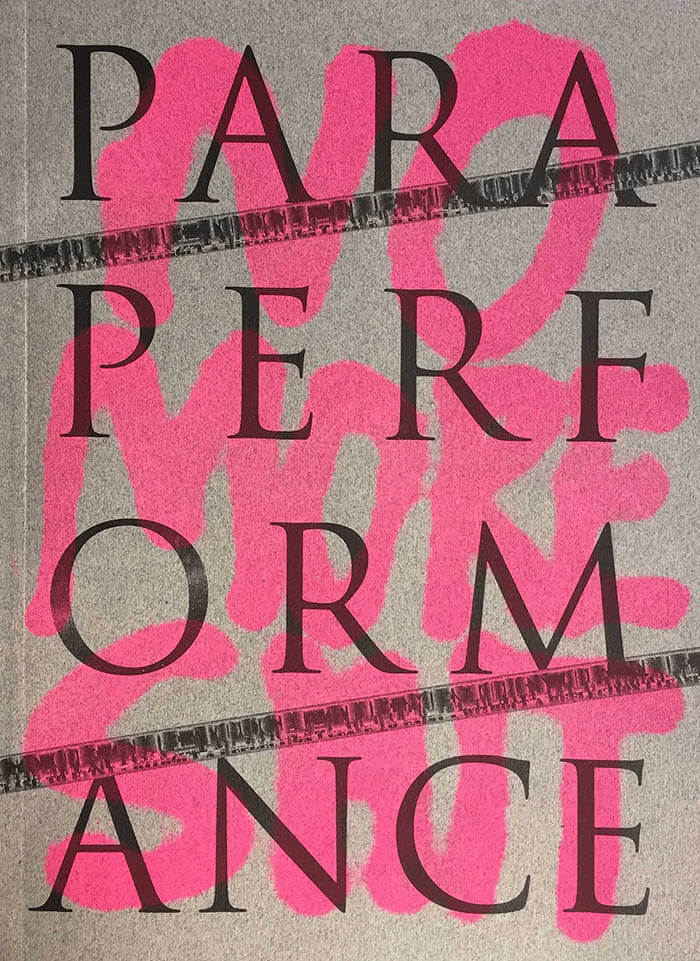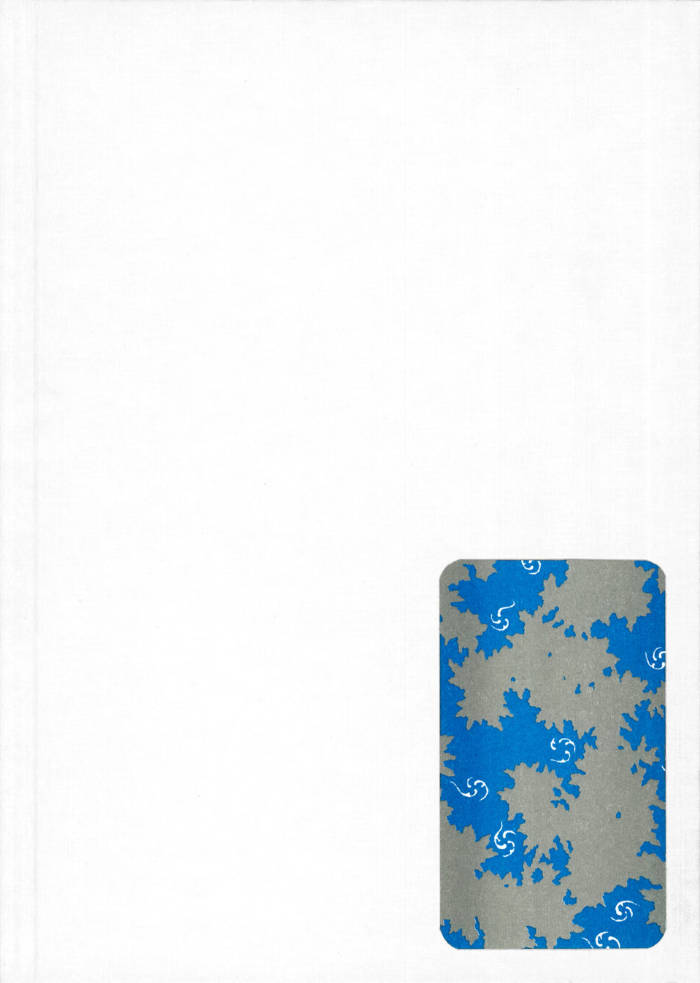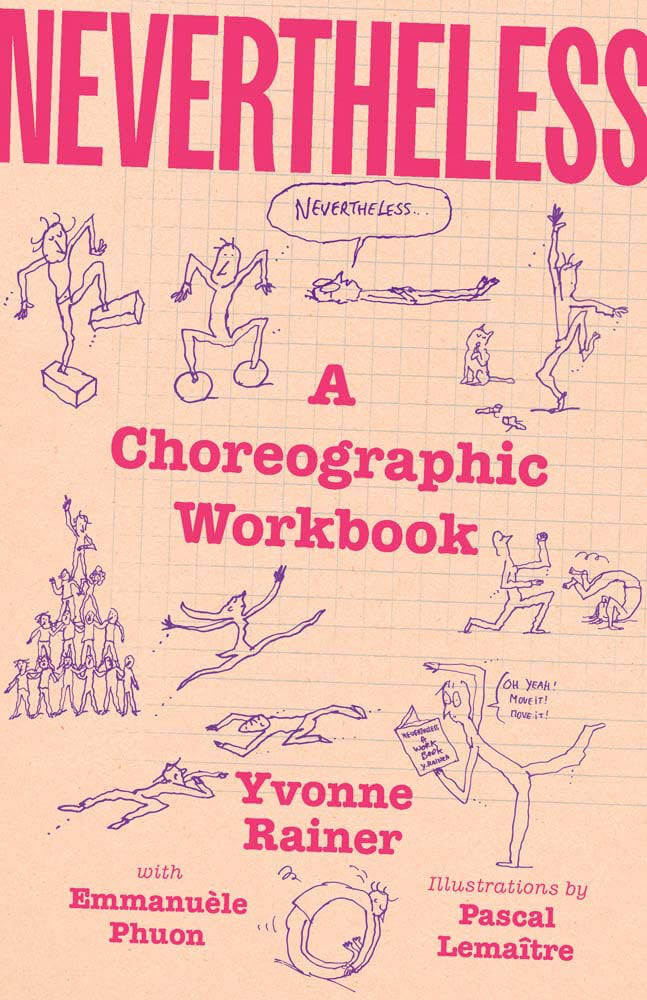
Paraperformance
This first publication brings together texts, documentation, scripts and reference material relating to the body of work Jones started in 2013. Marking a new cycle in his work the book makes a claim about the status of performance in the context of his wider practice and the function of documentation and image regimes in our current times.
The book is claimed to be a form of ‘paraperformance’, meaning a collection of materials that have circulated alongside or chosen to represent the live moments created in his work over a five year period. It represents seven distinct works of installation, sculpture, and performance by Jones including a new work that is made specifically for the pages of this book.
This collection of materials touches on diverse sources and references including the Radical Faerie movement, the Spanish magazine ‘Party’, Liberace’s libel trials, images of uncontacted Amazonian tribes, the political writing of Jean Genet and an early performance work of Vito Acconci to name but a few.
The thread amongst all of the works included in this book is the subtle interweaving of discourses around theatre, performance, the law, representation and politics and the oscillation between urban space, the public sphere and a queer wilderness. More widely the book uses the specificities within Jones’ research to consider the role that performance could play within the art field and, by extension, how documentation and representation of our everyday lives impacts on how we understand our world at large.
This book is part of the series www.anywhereoutofthebook.com series
Language: English







